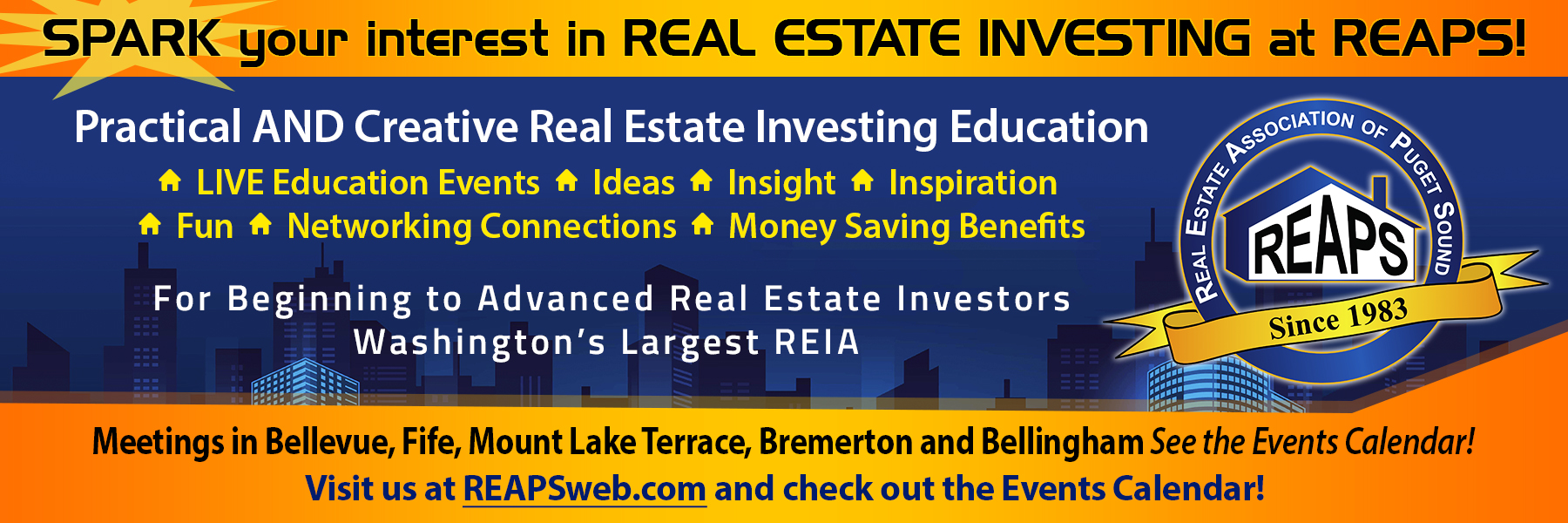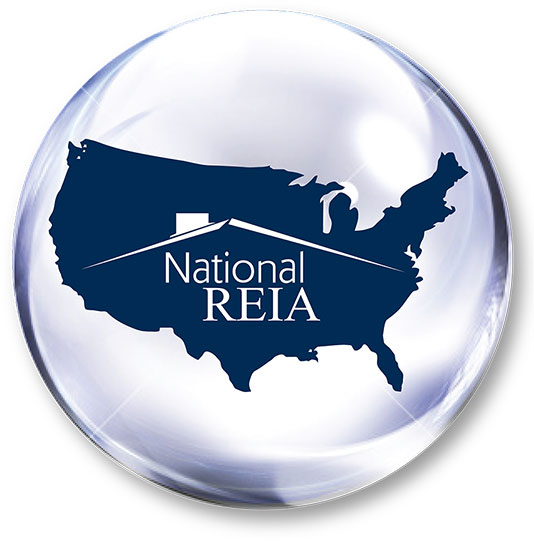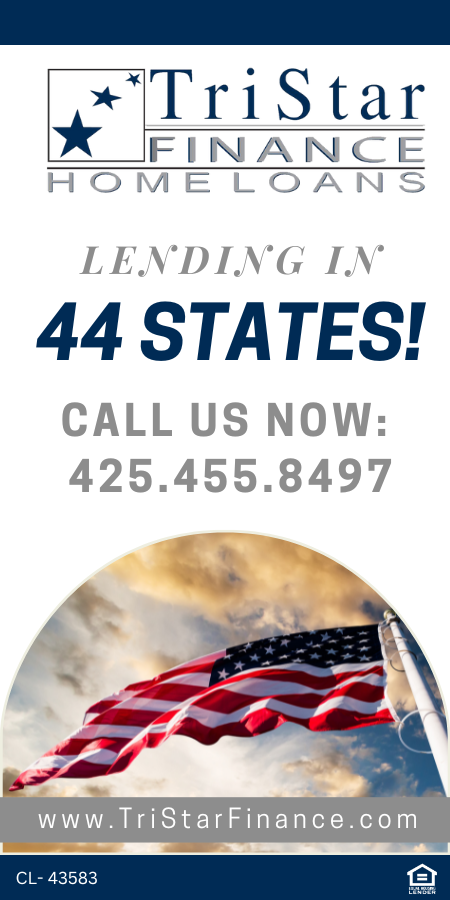What is a wholesale contractor, how to reduce risk and where to find investment properties
Q&A With a Local Expert in Real Estate Investing
"What is the difference between a retail contractor and a wholesale contractor?”
- Brenna of Puyallup
Great question, and an important distinction to make. A retail contractor generally works with retail clients, typically people looking to remodel their personal residence. Retail contractors are bound by the schedules of the residents and retail projects are customarily slow moving. Retail contractors can end up costing anywhere from $100,000 to $150,000 depending on the scope of the project. A wholesale contractor works primarily with investors. Wholesale contractors tend to be more efficient, and often manage a higher volume of projects. Wholesale contractors are generally less expensive than retail contractors and in the example stated above, can complete the same remodel for $75,000 while still making a profit. Wholesale contractors have a general understanding that the end goal is not to build a new house, but to get the property into a condition that will pass the sale inspection and attract a new buyer.
“Where do you recommend I start looking for investment properties?”
- Peter of Lynnwood
I am a big proponent of investing locally. However, local can vary from person to person. I’ve heard a handful of longtime investors say that as a typical rule of thumb, they do not buy anything they can’t drive to in less than 20 minutes. If you are a onesie-twosie type of person and there’s a problem with one of your investment properties it would be nice to be able to be there within the hour to assess what’s going on and be in a situation to fix it. Alternatively, if you need to fly, or drive for too long, managing your properties becomes very inefficient and may be more trouble than it’s worth. Within a 30 mile radius of Seattle and the greater Seattle area there are a variety of markets that offer several different price ranges. Given the spectrum of opportunities for purchase in the Puget Sound Region, I don’t see a need to invest any farther than what is in our own backyard.
“How can I reduce my risk?”
- Bruce of Seattle
Interestingly enough one of the best ways to reduce your risk is to lower your leverage. The less you borrow the less risk you have. Real estate investing can be a very profitable venture but we are susceptible to the real estate market on how we are going to make money. The real estate market has short periods of stability and typically operates on a ten year cycle. Depending on the market, there are times when it is safe to lever more and there are times where it is safe to lever less. Another method of reducing risk is to have capital reserves. If there is an adjustment in the market, with a capital reserve, you are in a better position to preserve the capital that you do have invested in the market. Some unforeseen circumstances could include an investment property not selling as quickly as planned, extra repair work that wasn’t included in the original bid, extra vacancies in rental units, etc.
“What is ARV?”
-Bryan of Everett
ARV is an acronym for after repair value. The after repair value is what we think the property will be worth after all of the value-add renovations are complete. Many times we may be purchasing a property and it’s current value is what we paid for it, however, the strategies that we utilize to enhance the property create a new value; the after repair value. In short, ARV is the estimated new value price created from renovation additions or management improvement strategies.
About the author...
James Dainard is Co-Founder and Managing Principal at Heaton Dainard. As Managing Principal, he's responsible for the development and execution of corporate strategies, marketing, and property acquisitions. James has been actively investing in multifamily and single family units in the Puget Sound region for over ten years, and leads a dynamic team that exceeded sales volumes in 2015 of over $143 million with over 400 closed transactions. During this time he purchased over $50 million worth of investment properties and sold over $93 million in listed properties with an average market time of 25 days. His business acumen adds value to Heaton Dainard by providing investors with inventory and multiple exit strategies. James graduated from University of Washington’s Foster School of Business with a focus in finance and marketing, and was recently recognized as Co-Founder of one of the Washington’s Fastest Growing Private Companies in 2013, 2014, 2015, 2016, as well as one of Inc. 5000’s fastest growing companies in America 2015 and 2016.
“REAPS is the oldest – and largest - Professional Association for the real estate investor this side of the Mississippi. We provide education and networking resources for real estate investors, those who want to be investors and anyone who provides value to our members. Our goals are to motivate and support our members and guests through education, discussion, legislative action and networking. We host over 40 live events a year around Puget Sound and they are all open to the public. If you've never attended one of our meetings, just email our office at [email protected] and be our guest for free!"


